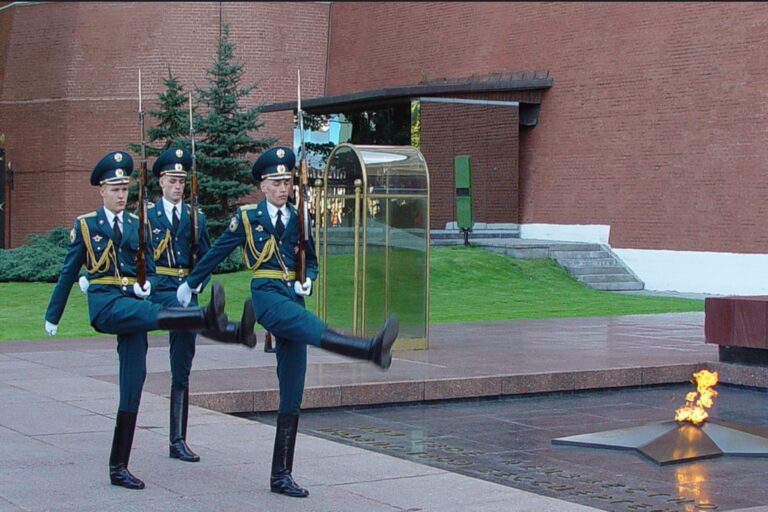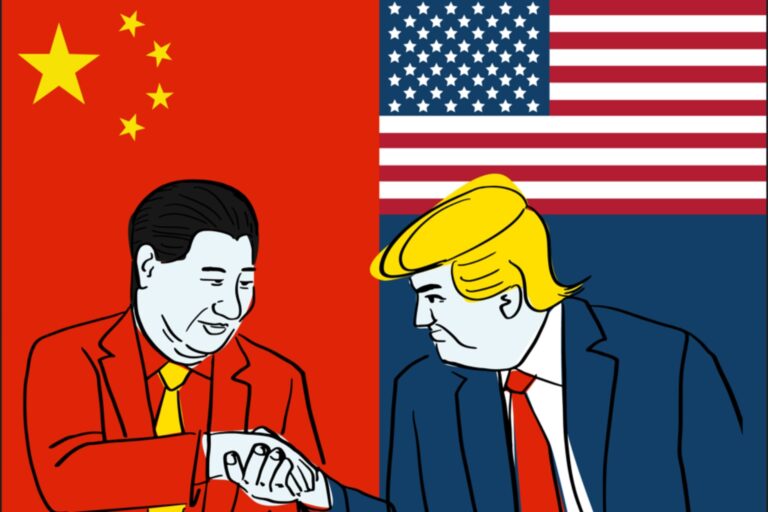By Sabina Henneberg
The massacre on January 7, 2015, at the headquarters of Charlie Hebdo, and its violent aftermath, has sparked debate in Tunisia, bringing many important issues and sentiments to the surface. This debate echoes earlier ones surrounding Tunisia’s constitution-writing process in the summer of 2013. With the four year anniversary of the toppling of Tunisia’s dictator having recently passed, it is helpful to reflect on how Tunisians resolved these debates. Tunisia’s experience in the summer of 2013, mediating societal and political debates, provides a valuable example of collectively saying no to violence and yes to dialogue.
From Polarization to Dialogue
In June 2013, the political atmosphere in Tunisia was tense. More than two years had passed since the revolution, but the elected constituent assembly had reached a stalemate. Acts of violence committed against the country’s security forces by Muslim extremist groups were increasing and one left-wing political leader had been assassinated. Then, on July 3, Tunisians watched as Egyptian General Abdel Fatah al-Sisi appeared on television along with the country’s two main religious leaders to announce the ousting of the elected president, Mohammed Morsi of the Muslim Brotherhood.
In the following weeks, there was talk of a possible tammorod (rebellion) movement being planned on July 25, Tunisian Republic Day. Tunisians generally were frustrated by the lack of change since 2011, as well as by the rise in violence and weakening economy, and many were calling for another uprising in order to “take back” the revolution. One narrative blamed the country’s ongoing problems on the Islamist party in power, which had won the majority of seats in the elections for the constituent assembly and subsequently formed a coalition government with two secular parties.
Instead of a second popular uprising, however, the media announced on the morning of July 25 the second assassination of a left-wing political leader. This led to weeks of major demonstrations known as the Bardo sit-ins, a temporary suspension of the assembly, and eventually a process known as the National Dialogue. This month-long process, which put in place a structure for a broadly representative forum among the various political, religious, and social groups, is widely credited with breaking the stalemate at the constituent assembly and enabling it to finally draft a constitution on which all parties could agree. The constitution was adopted on January 27, 2014.
Situating the Debate in a Global Context
The conversations taking place in Tunis following the attacks in Paris earlier this month have again appeared to polarize Tunisian society between the so-called secularists and Islamists. In truth, however, these conversations reveal much more complicated political dynamics at work. On the one hand, there are Tunisians who, generally speaking, take pride in the country’s modern traditions and its accomplishments in the areas of economic development and the advancement of liberal democratic processes and values since the Arab Uprisings of 2011. They argue that the Paris attacks, despite having been committed in the name of Islam, which is the religion of approximately 99 percent of the population, are simply unacceptable. On the other side are those who point to the role of outside forces, notably the United States, France, and Israel, in Tunisia’s and the entire Arab world’s problems. These arguments stress the country’s Muslim identity and the prominence this identity has received since the revolution. They see political Islam as capable of promoting certain values and reversing decades of authoritarian rule.
Despite being a small country geographically close to and highly economically dependent on Europe, Tunisia is not the only country affected by Charlie Hebdo attacks. This tragic event, which touches the world’s largest religion (Islam) and the world’s most powerful countries (the United States and its allies), raises questions relevant for the world. These questions span inequality, immigration, and faith, and require global reflection.
On the topic of inequality, policy-makers must seek to better understand: how did the global distribution of power become imbalanced in such a way that not only does a very small percentage of the world’s population hold the majority of its wealth, but the most powerful countries are fighting an enemy without a fixed geographical location or even a consistent or single name, let alone a unified mission?
On the topic of immigration, questions for researchers and policy-makers, and European governments in particular, include: what psychological changes occur in North and West African immigrants arriving in European cities, and how might both their and their hosts’ attitudes link to the assimilation policies of French colonialism? And is it possible, for example, to understand the collective psychology of contemporary Tunisians in terms of the centuries of domination by outside forces and the national identity fostered by its independence leaders, which was one of modernity and openness?
On the topic of religion, researchers, policy-makers, and individuals of faith – Muslims in particular – must ask, how does a religion whose name comes from the word for “peace” (salam), and which teaches that the Prophet was open and accepting of others, end up with believers who understand their calling to be the waging of holy war?
Lessons from Tunisia?
What if, in response to last week’s incidents, the world took its inspiration from Tunisia in 2013 and found a way to bring together representatives of different faiths and political persuasions to try and understand one another and to explore some of the questions named above? The most concrete way to begin to do this would be for leaders in all countries—not only political leaders, but also religious leaders and other influential figures—to encourage their followers, students, and admirers to ask questions and try to build understanding before engaging in violence. Indeed, Tunisia’s National Dialogue was in some ways the product of decades, if not centuries, of smaller groups of people working together for pluralism and tolerance, a heritage of a strong civil society that may explain Tunisia’s political progress since 2011 (For more information, see Boose 2012; Yüksel and Bingöl 2013; and Nouira). The National Dialogue, which brought together an older generation of resistance leaders and a younger generation of activists, was partly inspired by the lessons of Egypt, as both Islamist and secular Tunisian leaders, looking to the example of Cairo, realized how quickly democratic processes could be reversed.
Tunisia still has many issues to resolve, including finding a balance between different definitions of Tunisian identity within the population and moderating its new-found freedom of expression. Leading up to the recent presidential and parliamentary elections, several wise Tunisians were cautioning that “the transition is not yet over”—witness the experience of countries in Eastern Europe and Latin America that underwent similar democratic transformations in the 1980s and 1990s, yet still have much to achieve in terms of economic stability and political freedoms. With that in mind, one is certainly justified in responding with skepticism to the oft-repeated line “Tunisia can be a model for other Arab countries.” While there are many reasons to hesitate before trying to replicate one country’s experience elsewhere, might this small Mediterranean country nonetheless have something to offer the world right now through its example of seemingly incompatible forces overcoming their differences through dialogue? At this pivotal moment in history, could Tunisia indeed serve as a model for how to end the cycle of violence?
Sabina Henneberg is is a PhD candidate in the Africa Studies program of the Johns Hopkins University Paul H. Nitze School of Advanced International Studies (SAIS).



